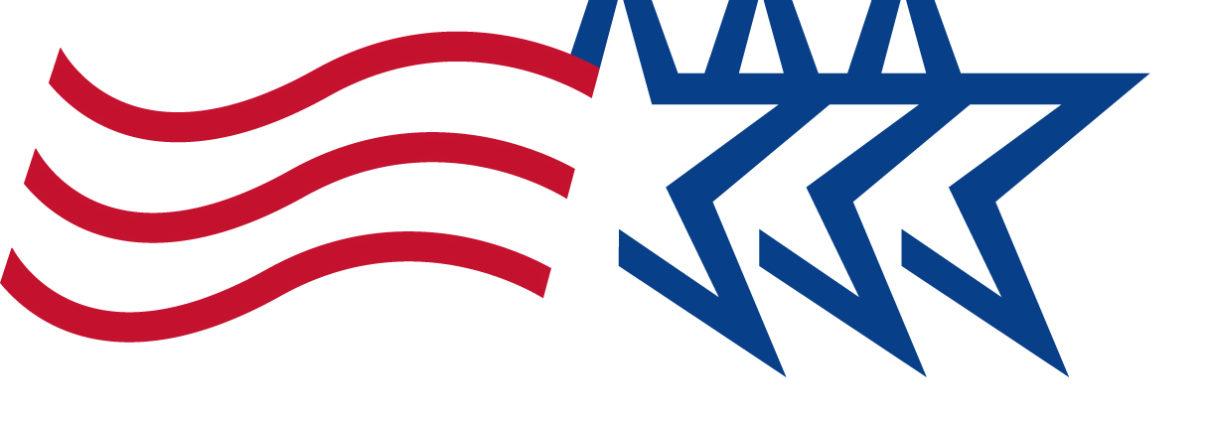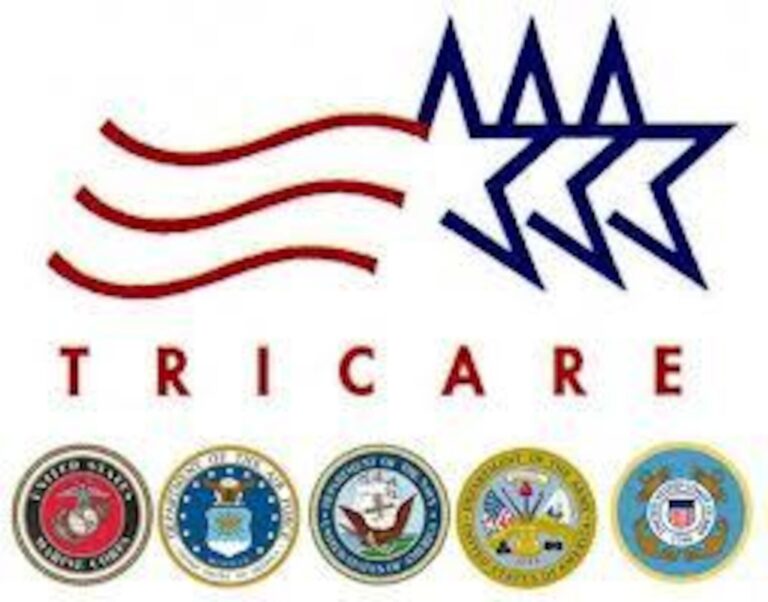
TRICARE Q&A: Getting Care With Active Duty Dental Program
The Active Duty Dental Program (ADDP) plays a crucial role in maintaining the oral health of active duty service members. As part of the TRICARE benefits provided by the Department of Defense, the ADDP ensures dental readiness to keep our military forces mission-ready. Whether you’re new to the military or seeking clarity about your dental coverage, this article breaks down everything you need to know about accessing care through the Active Duty Dental Program.
What is the Active Duty Dental Program (ADDP)?
The Active Duty Dental Program is a dental care benefit exclusively available to active duty service members, ensuring they receive preventive and necessary dental treatments. Administered through TRICARE, ADDP is designed to meet the unique dental needs of those serving in the military by providing timely access to dental care through military dental treatment facilities.
Key Elements of ADDP Include:
- Mandatory enrollment for all active duty service members.
- Focus on preventive dental services to maintain deployment readiness.
- Dental care delivered primarily at Military Dental Treatment Facilities (DTFs).
- Limited dental coverage for specialty services depending on availability.
Frequently Asked Questions About TRICARE and ADDP
1. Who is eligible for the Active Duty Dental Program?
All active duty service members in the Army, Navy, Air Force, Marine Corps, and Coast Guard are automatically enrolled in the ADDP. This program does not extend to family members or reservists.
2. How do I access dental care under ADDP?
Dental care through ADDP is primarily accessed via military dental clinics or hospitals. Active duty members should schedule appointments at their nearest Military Dental Treatment Facility (DTF). If care is not available at the military facility, the service member may be referred to civilian dentists under certain conditions.
3. What dental services are covered under ADDP?
ADDP typically covers:
- Preventive care (cleanings, exams, X-rays)
- Restorative care (fillings, crowns)
- Emergency dental services
- Some specialty treatments based on clinical necessity
Orthodontic care or cosmetic procedures are generally not covered by ADDP unless approved due to specific duty-related needs.
4. Are family members covered by the Active Duty Dental Program?
No, family members are not covered under ADDP. Dependents must use other TRICARE dental options, such as TRICARE Dental Program (TDP) plans or purchase civilian dental insurance.
Benefits of the Active Duty Dental Program
Understanding the unique advantages of ADDP can help active duty members maximize their benefits.
- Comprehensive preventive care: Keeping service members deployment-ready through regular checkups.
- No out-of-pocket costs: Dental care at military facilities typically comes at no cost to the member.
- Priority scheduling: Military dental appointments are prioritized to reduce dental-related downtime.
- Mission readiness: Minimizes dental emergencies that can interfere with military duties.
Practical Tips for Getting Dental Care with ADDP
- Schedule Regular Checkups: Don’t wait until you have dental pain—regular exams keep you ready.
- Check Availability Early: Military dental clinics can be busy; book your appointments early, especially before deployments.
- Know Your Location: Identify your nearest Military Dental Treatment Facility using official directories.
- Report Emergency Conditions Immediately: Dental emergencies can affect deployment status and require urgent attention.
- Maintain Dental Records: Keep copies of your dental exam results and treatment plans for easier care transitions.
Understanding the ADDP Coverage Details
| Service Type | Covered by ADDP | Notes |
|---|---|---|
| Preventive Care (cleanings, exams) | Yes | Routine checkups included |
| Restorative Care (fillings, crowns) | Yes | Depending on availability at facility |
| Emergency Dental Services | Yes | Available 24/7 at base dental clinics |
| Orthodontic Care | Generally No | Exceptions made for duty-related needs |
| Cosmetic Procedures | No | Not covered under ADDP |
Case Study: Successful Use of ADDP
Sergeant James, an active duty Army soldier, noticed sensitivity in one of his molars just weeks before deployment. Thanks to the ADDP, he quickly scheduled an emergency appointment at his base dental clinic. The dentist diagnosed a cavity and provided a timely filling the same day. Sergeant James was cleared for deployment without dental issues impacting his readiness.
This example highlights the importance of prompt care through the ADDP and how the program supports maintaining operational excellence.
What to Do If You Experience Issues with ADDP
If you encounter difficulties such as appointment delays or coverage questions, follow these steps:
- Contact your Military Dental Treatment Facility’s Patient Administration Office immediately.
- Speak with your unit’s medical readiness officer to coordinate care.
- Use TRICARE’s official website or helpline for clarifications on coverage.
- File a formal complaint if access to care is compromised.
Conclusion
The Active Duty Dental Program is an essential benefit designed to safeguard the oral health of service members while ensuring mission readiness. Understanding how to utilize ADDP effectively can prevent dental emergencies and keep you combat-ready. Whether it’s scheduling regular checkups at your Military Dental Treatment Facility or knowing your coverage limits, staying informed empowers you to get the care you deserve—no matter where in your military career you stand.
For more detailed information, stay connected to official military resources like Health.mil and review updates on TRICARE dental benefits regularly.


